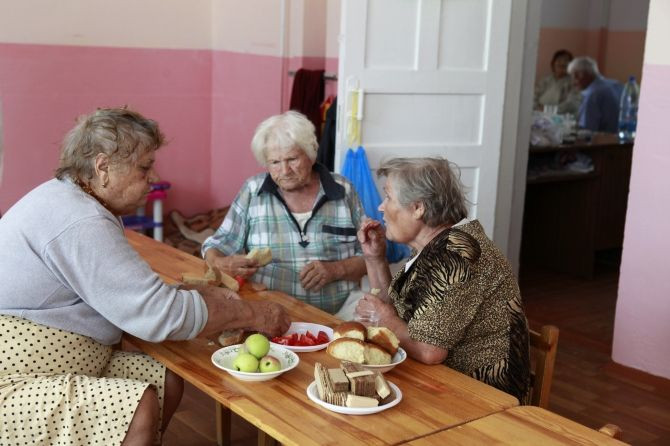Not Enough Mental Health Care Available for Seniors

While medical facilities have been bracing for what they call the silver tsunami, the aging of the baby boomers and their associated health problems, a new report indicates that they may be leaving one stone unturned – as many as one in five seniors may have mental health or substance abuse problems.
Millions of baby boomers may have difficulty locating mental health service as the population rapidly ages. Currently, there are 40.3 million adults aged 65 or over in the United States. That number is set to explode to 72.1 million in 2030, in just 18 years.
The report issued by the Institute of Health said that between 5.6 million to 8 million seniors are afflicted with mental disorders – and that is a conservative estimate. The study did not take into account a number of disorders.
Says the study,
Depressive disorders and dementia-related behavioral and psychiatric symptoms are the most prevalent, but substance use is a significant problem as well. Age alters the way people metabolize alcohol and drugs. Commonly used medications may worsen physical or mental health problems and increase an older person’s risk for dangerous overdose. Losses that occur frequently in old age, such as the death of a spouse, may trigger or worsen depression and lead to severe, debilitating symptoms. Differentiating between major depression and grief in a person with significant loss is often difficult. Cognitive, functional, and sensory impairments also may complicate detection and diagnosis of MH/SU conditions.
Loss of loved ones also will shrink a person’s support network, which was previously there to help seniors cope with previous disappointments and sadness. For many seniors, deteriorating physical health may distract practitioners from mental health problems. Rates of illegal drug use for people in their 50s are dramatically higher than those of previous generations.
Perhaps most importantly, there are not enough geriatric specialists or psychiatrists to handle this wave.
So what can be done? The report recommends quite a bit of intervention from government and industry. On a personal level, the report recommends education of patients and families, and close follow-up.
The Institute of Medicine released these findings in the report entitled The Mental Health and Substance Use Workforce for Older Adults: In Whose Hands.



























